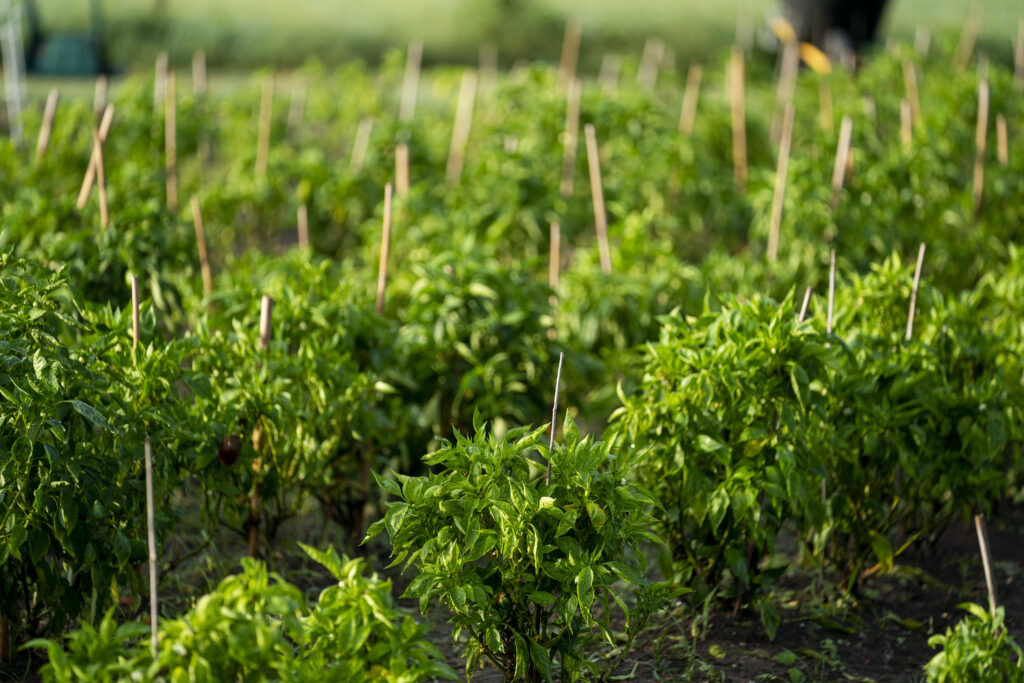The Plant Physiology program studies how the plant functions in its environment, and then uses this knowledge to establish crop management alternatives for increased economic yield and environmental friendliness. They also use this information to establish screening procedures to be used in varietal improvement.

Research Interests
- Develop and evaluate systems for cycling and conserving nutrients in livestock and municipal biosolids through production and transplanting of turfgrass sod.
- Develop management strategies for the enhancement of switchgrass as a biofuel.
- Optimization of crop water use and stress tolerance for cropping systems, Texas High Plains
- Determining the physiological mechanisms for legume tolerance to high pH soils.
- Develop strategies to introduce and maintain legumes in perennial grass swards.
- Develop alternate forage-based enterprises for forage-livestock producers in South Texas.
- Web-based decision support system for crop management Crop physiology, management, and simulation modeling
- Automated weather data collection, inspection, archiving, and Internet posting
- Targeted crops: cotton and grain sorghum
- Crop responses to water deficits and irrigation
- Crop responses to seeding rates, row spacing, narrow rows
- Crop responses to plant growth regulators
- Genetic variability of soybean and wheat response to abiotic stress
- Yield of soybean, wheat, and vegetable crops as affected by soil-applied organic amendments.
Faculty and Staff
Joseph Burke
Assistant Professor
Weed Science & Cropping SystemsScott A. Finlayson
Associate Professor
Plant DevelopmentSakiko Okumoto
Associate Professor
Plant Science
Related Sites of Interest
Learn More About Research Areas of Focus in Soil and Crop Sciences
In the realm of soil and crop sciences, research focuses on a myriad of critical areas that drive sustainable agricultural practices and global food security. Soil health and management take center stage, exploring ways to optimize soil fertility, structure, and nutrient cycling to enhance crop productivity. Genetic advancements in crop breeding and biotechnology are pursued to develop resilient varieties that withstand environmental stressors and ensure high yields. Precision agriculture, integrating technology and data analytics, aims to fine-tune farming practices, reducing resource waste and maximizing efficiency. The exploration of sustainable agroecosystems delves into the intricate relationships between crops, soil, and the environment, fostering environmentally friendly approaches. Such research not only informs farming practices but also contributes to vital policy discussions, shaping the future of agriculture in a rapidly changing world.





